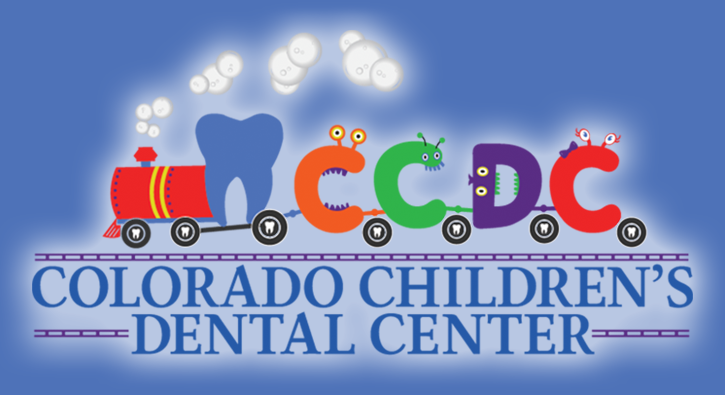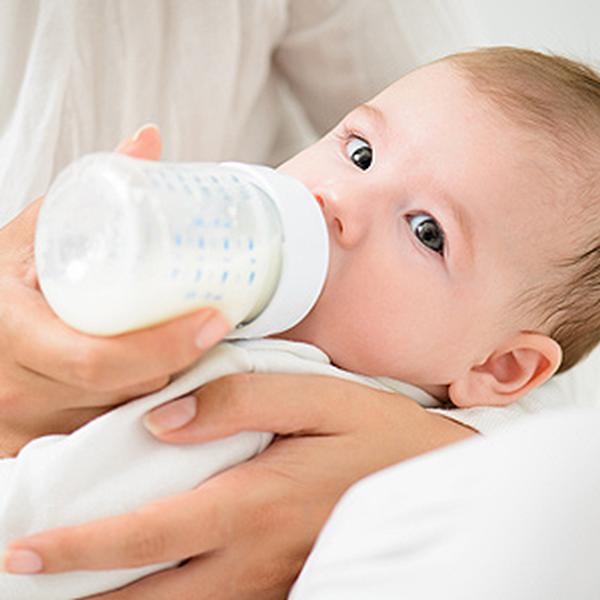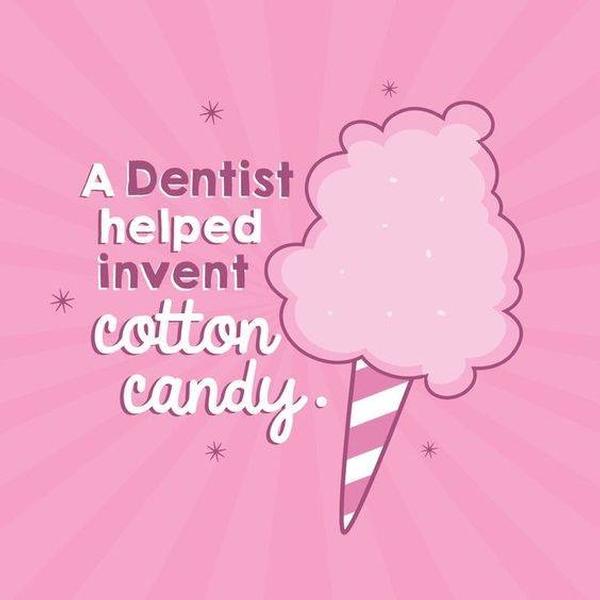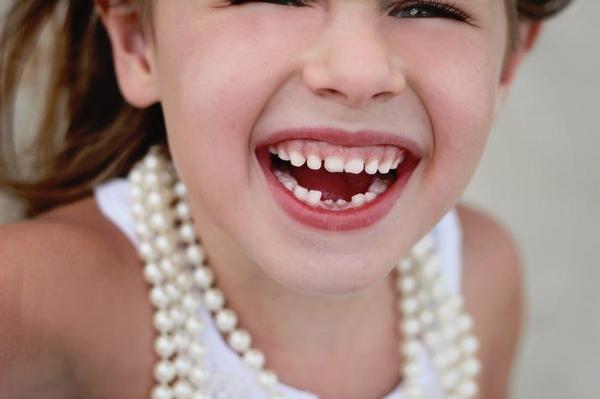The CCDC Blog
3 Surprising Sugar Sources!
By Brianne Jones, RDH
3 Surprising Sugar Sources!
Tooth decay is an ever present danger for your baby’s developing teeth. It begins with disease-causing bacteria feasting on leftover sugar, producing high levels of oral acid that slowly dissolves the teeth’s protective enamel. The softened enamel then becomes an open door for decay to infect the tooth.
Meanwhile, those bacteria continue to eat and produce acid….
So how can you stop this devastating cycle? Besides daily oral hygiene and regular dental visits, the most important thing you can do is deprive bacteria in your baby’s mouth of sugar through limiting their consumption of it. This means you’ll first need to identify the different sources of sugar available to your baby—and some of them might surprise you.
Here, then, are 3 not-so-obvious sugar sources your baby might be consuming.
During feeding. If you’re breast-feeding, you may not think this is causing a sugar problem for your baby. True, breast milk by itself doesn’t promote decay: it’s the combination of it with other sugar-rich foods and liquids the baby might be consuming as they get older. Together this could significantly increase their risk of pediatric tooth decay (also known as early childhood caries or ECC). So, be careful to limit sugar in other things they’re eating or drinking in addition to nursing.
24/7 Baby bottles and pacifiers. To calm infants at nap or sleep time, parents or caregivers often use bottles filled with sweet liquids or pacifiers dipped in jam, syrup or sugar. This practice increases decay risk from both the added sugar and its constant availability to bacteria in the mouth around the clock. Instead, avoid this practice and limit any sugary foods or liquids to mealtimes.
Medications. Some medications an infant may be taking for a chronic illness may contain small amounts of sugar. Additionally, medications like antihistamines can reduce the production of saliva that’s needed to neutralize acid after meals. If your child is on medication, ask your healthcare provider about its dental effects and if there are any sugar-free alternatives. Be sure to keep up daily brushing and flossing and regular dental visits too.
Limiting your baby’s sugar intake is critical in preventing tooth decay. It’s one of the most important things you can do to protect their dental health.
https://www.justkidsdentalwi.com/blog.html
Â
Are Parents Allowed in Treatment Rooms?
Yes!
By Brianne Jones, RDH
Are Parents Allowed In Treatment Rooms?
We often get asked if parents are allowed to stay with their children during visits. YES! We always allow parents in the back to be with their children.
Some children need a parent’s gentle touch or comforting words to help them during treatment. We encourage parents and guardians to get involved by learning how proper home dental care and nutrition can help prevent tooth decay.
We ask that parents follow these guidelines so that we can develop a caring and trusting relationship with your child:
- Please allow Dr. Jones and his team to be the only ones giving your child instructions and explanations of procedures. This helps us establish rapport and trust. You are completely welcome to offer words of praise and encouragement and help support what Dr. J is suggesting.
- Make sure cell phones are turned off or silent.
- Please help us by using the same "verbage" at home when discussing the dental office (i.e. "sugar bugs, Mr. Thirsty")
One of our favorite things is seeing our patients run into the office and make themselves at home. Dr. Jones feels that by providing an environment that is cheerful, welcoming, fun and cozy that the kids will not only love coming to the dentist but feel like part of our family! Having toys, movies and iPads is certainly popular, but having a team full of genuine, compassionate, fun-loving professionals is the real secret. We strive to make every interaction with our office professional, helpful and kind. We love our patients and thank you for trusting us as your pediatric dental home!
Does Your Toothbrush Type Really Matter?
By Brianne Jones, RDH
What Type Of Toothbrush Is Recommended?
There are so many different types of toothbrushes to choose from so how do you know which toothbrush is the right one for you? Soft-bristled toothbrushes are always best as medium or hard-bristled toothbrushes can damage your tooth enamel and gums. Stick to soft-bristled brushes for your kiddos teeth and save the hard-bristled brushes for deep scrubbing around the house!Â
Often times, we get questions on whether parents should invest in an electric toothbrush for their child. The answer is...IT'S UP TO YOU! Honestly, If you're considering brushing your child's teeth with an electric toothbrush, wait until your child is at least three years old. If they are older, sometimes the electric Spinbrushes are fun and can help motivate a child to continue brushing habits, but are not necessary to keep those chompers cavity free!Â
Happy Brushing!
Cotton Candy!
By Brianne Jones, RDH
Cotton Candy!
Did you know that cotton candy was co-invented by a dentist? Machine-spun cotton candy was invented in 1897 by a dentist named William Morrison and confectioner John C. Wharton. They originally introduced it as, "Fairy Floss" before the name later changed to what we know today as cotton candy. While it's okay to enjoy this sweet treat, remember it's still "spun sugar" so moderation is key and remember to brush and floss after you indulge!
Yellow Teeth
Primary vs. Permanent
By Brianne Jones, RDH
Yellow Teeth?!
Have you noticed your child's permanent teeth appear more yellow than their primary teeth? This is actually normal! Permanent teeth are naturally more yellow than "baby" teeth. This can seem a little alarming especially when the permanent teeth first erupt next to a whiter primary tooth.The enamel on baby teeth is thinner than the enamel on permanent teeth and as a result, the baby teeth usually look a lot whiter than the permanent teeth. Don't worry, this will become less noticeable once more of their "adult" teeth start coming in!Â





